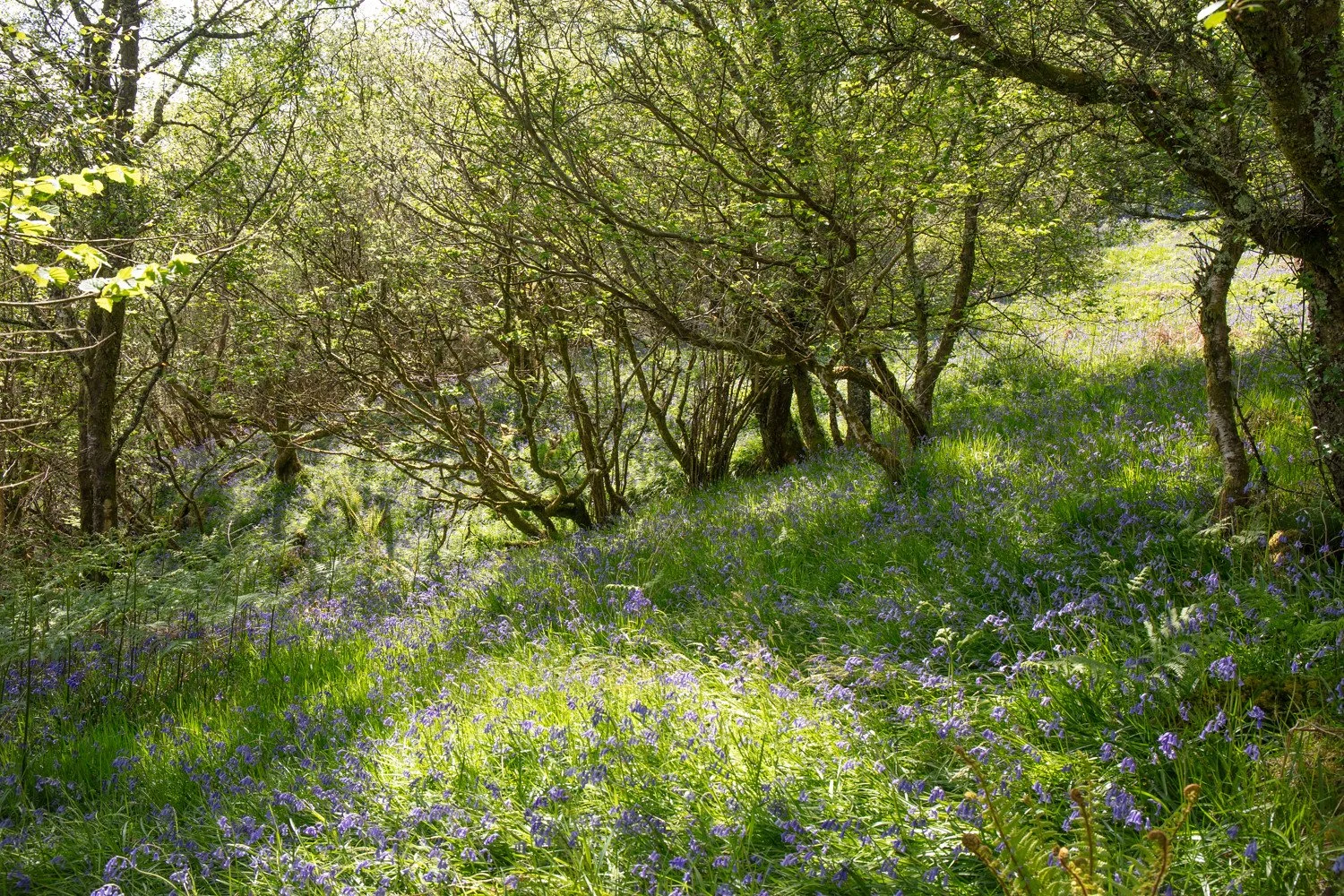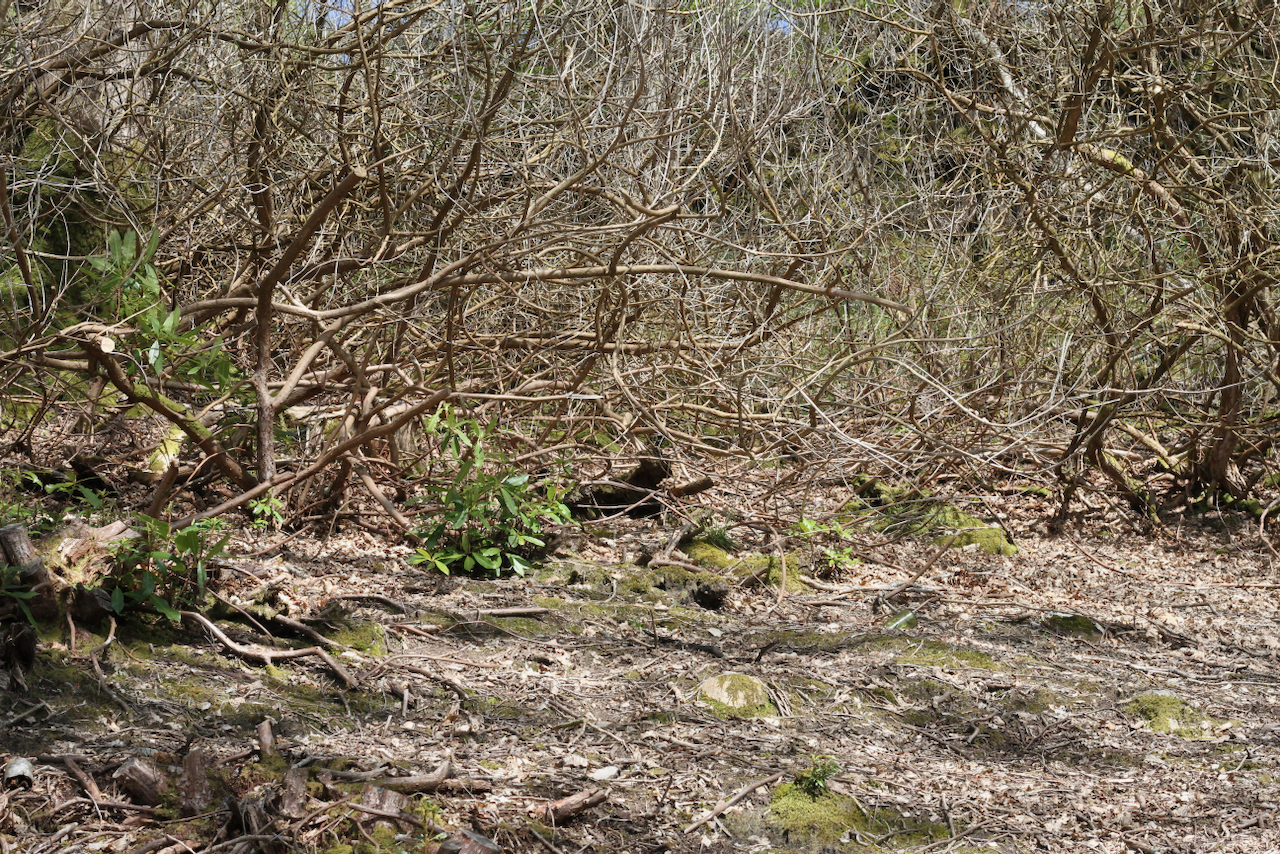Students sought for rainforest research projects
Scotland’s rainforest is an incredibly biodiverse habitat, but it’s also at risk from threats such as invasive non-native species, over grazing, and climate change. Restoration projects are underway across the country to help save these special places, with the help of local communities and land owners.
But what’s urgently needed to help these projects, and wider rainforest restoration in Scotland, is high-quality research that can feed into the on-going work, and make sure that all the effort, time and money that’s being invested is having the maximum impact.
If you’re a Masters student currently working towards an MSc or an MRes, then you can be a part of this important, and potentially ground-breaking, research. The ASR’s Rainforest Research Working Group has put together the following list of dissertation topics, which we’re keen for students to adopt.
If you are interested in any of the projects below and you are already enrolled on an MSc course at a university, send an e-mail with “MSc project” as the subject to the relevant supervisor listed below.
If you would like more information about our Research Working Group itself and how to join us, please contact Lucy Mason.
Credit, Ben Andrew
Spatial structure of temperate rainforest remnants
Temperate rainforests are often highly fragmented and knowledge of how best to restore them is limited. This project will explore the spatial structure of trees and species within natural and planted woodlands to improve restoration practice.
Supervisor: Calum Brown (Highlands Rewilding)
Timescale: 2024-25
Project type: Primarily desk-based analytical, potential for some field work
Location: Home-based/University
Closing date: Until position filled
Credit Stephen Magee
Identification of tree characteristics from remotely-sensed data
Remote sensing is increasingly used to classify forests and trees in terms of habitat type, species composition and carbon storage. There are several errors and uncertainties in this process that need to be better understood. This project will use remotely-sensed and field data to investigate where current methods have inaccuracies and how these can be overcome.
Supervisor: Calum Brown (Highlands Rewilding)
Timescale: 2024-25
Project type: Desk-based analytical
Location: Home-based/University
Closing date: Until position filled
Credit, Jenny Tweedie
Rainforest recovery post rhododendron clearance
Temperate rainforest sites that have been cleared of Rhododendron ponticum have been found to experience a multi-decade pause in natural regeneration of vascular plants. Various hypotheses have been proposed to explain this pause, from soil chemistry and mycorrhizal changes to low seed rain and impenetrable surface layers. Understanding what is causing this limitation of natural recovery will have practical application across a variety of sites across Argyll as part of ACT's Rainforest Restoration Package.
Supervisor: Sally Gouldstone (ACT, Argyll and the Isles Coast and Countryside Trust)
Timescale: 2024-25
Project type: Field research
Location: Argyll
Closing date: Until position filled
Credit, Laura Corbe
Identifying temperate rainforest fungal assemblages (position filled)
Current knowledge of fungal assemblages associated with temperate rainforests is limited. This project will utilise existing data to determine fungal communities and identify established methods suitable for identification of species with a temperate rainforest.
Supervisor: Rachel Warmington (Plantlife)
Timescale: 2024-25
Project type: Primarily desk-based analytical, potential for some field work
Location: Home-based/University
Closing date: Until position filled
Credit, Jenny Tweedie
Investigating barriers to conservation grazing
Conservation grazing is an important tool that can be challenging to manage within a temperate rainforest. This project will investigate the barriers and enablers, aiming to learn from projects where this is working effectively.
Supervisor: Rachel Warmington (Plantlife)
Timescale: 2024-25
Project type: Primarily desk-based analytical, with opportunities for site visits
Location: Home-based/University
Closing date: Until position filled
Credit, Oliver Moore
Increasing lichen and bryophyte diversity in PAWS
Understanding how stand management techniques impact lichen and bryophyte diversity within Plantations on Ancient Woodland Sites (PAWS) in the Temperate Rainforest zone would enable restoration actions to be directed to benefit biodiversity in PAWS.
Supervisor: Rachel Warmington (Plantlife)
Timescale: 2024-25
Project type: Field research
Location: Field based, in temperate rainforest region
Closing date: Until position filled
Credit, Phil Formby
Understanding the temperate rainforest landscape (position filled)
The treescape outside of woodland is important for rainforest lichen species. These niches and refugia in the wider landscape offer vital stepping stones for the species they support. This project aims to understand the distribution of rainforest species across multiple landuse types and habitats.
Supervisor: Rachel Warmington (Plantlife)
Timescale: 2024-25
Project type: Desk-based analytical and field research
Location: Field based, in near temperate rainforest zone
Closing date: Until position filled









